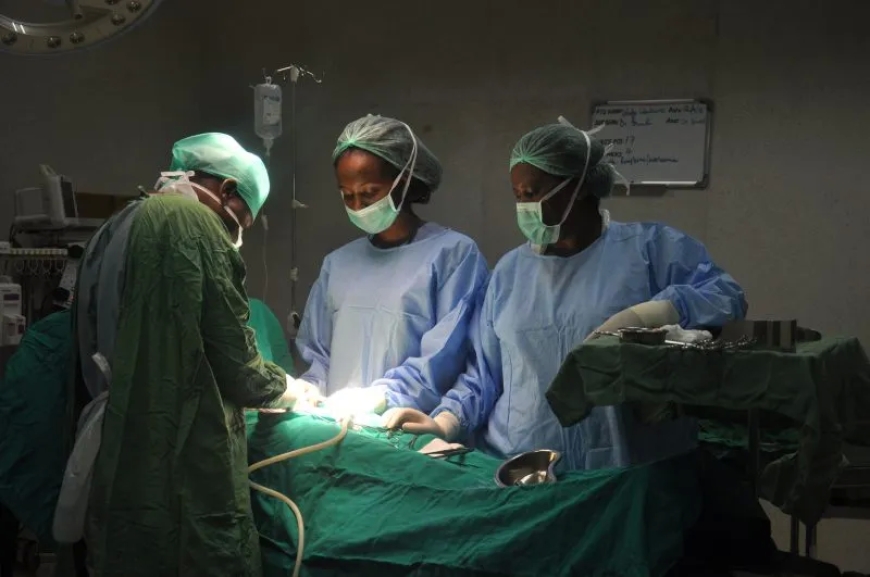How Obstetric Fistula Plagues African Mothers

What's Your Reaction?








Obstetric fistula,is a severe childbirth complication, continues to be a hidden crisis affecting thousands of African mothers. Despite advancements in medical science, this condition remains a stark reminder of the disparities in healthcare access and the urgent need for improved maternal health services across the continent.An obstetric fistula is a hole between the birth canal and the bladder or rectum, caused by prolonged, obstructed labor without timely medical intervention. The resulting leakage of urine or feces leads to severe physical and emotional distress for the affected women. These women are often stigmatized, leading to social isolation and diminished quality of life.
Africa, particularly in rural areas, bears a significant burden of obstetric fistula cases. Limited access to quality healthcare, lack of skilled birth attendants, and cultural practices contribute to the high prevalence. According to the World Health Organization, more than two million young women live with untreated fistula, with the majority of cases occurring in sub-Saharan Africa.
The impact of obstetric fistula on African mothers is profound. Physically, the condition can cause chronic infections, kidney failure, and infertility. Emotionally and socially, affected women often face rejection by their families and communities due to the stigma associated with the condition. This rejection exacerbates the psychological trauma, leaving many women feeling hopeless and isolated.
Several barriers hinder the treatment and prevention of obstetric fistula in Africa, lack of awareness is on such factor, Many women and communities are unaware of the condition and its preventability. There is a need for comprehensive awareness campaigns to educate the public and reduce stigma. inadequate healthcare facity is also achallege because in the ural areas there is lack of necessary healthcare infrastructure and skilled personnel to manage complicated childbirth cases effectively. Financial contrain is another challege since the cost of fistula surgery and related healthcare services is very costly for many affected women, who often live in poverty, Cultural beliefs and practices also discourage somewomen from seeking timely medical care, increasing the risk of complications.
Efforts to Address the Crisis
Awareness and Education: NGOs and healthcare organizations are working to raise awareness about obstetric fistula and its prevention. Education campaigns are crucial in changing attitudes and reducing stigma.
Training Healthcare Workers: Training programs for midwives and birth attendants are essential to improve the quality of maternal care in rural areas.
Improving Healthcare Access: Expanding healthcare facilities and making them more accessible to remote communities is vital for early intervention and treatment.
Fistula Surgery Camps: Several organizations conduct fistula repair camps, providing free surgeries to affected women and helping them reintegrate into society.
Conclusion
Obstetric fistula is a preventable and treatable condition, yet it continues to devastate the lives of African mothers. Addressing this crisis requires a multi-faceted approach, including increased awareness, improved healthcare access, and the removal of cultural and financial barriers. By empowering women and ensuring they receive the care they deserve, we can end the suffering caused by obstetric fistula and promote healthier, more resilient communities across Africa.







Agiso Patience Aug 1, 2024 0 177
Agiso Patience Jul 8, 2024 0 170
Agiso Patience Aug 22, 2024 0 168
mulemusau4 Aug 30, 2024 0 167
Agiso Patience Sep 11, 2024 0 162
Sam Kivuva Jul 19, 2024 0 78
topprimeradio Jun 12, 2024 0 93
topprimeradio Jun 12, 2024 0 87
topprimeradio Jun 12, 2024 0 29
topprimeradio Jun 12, 2024 0 44
